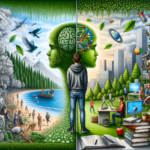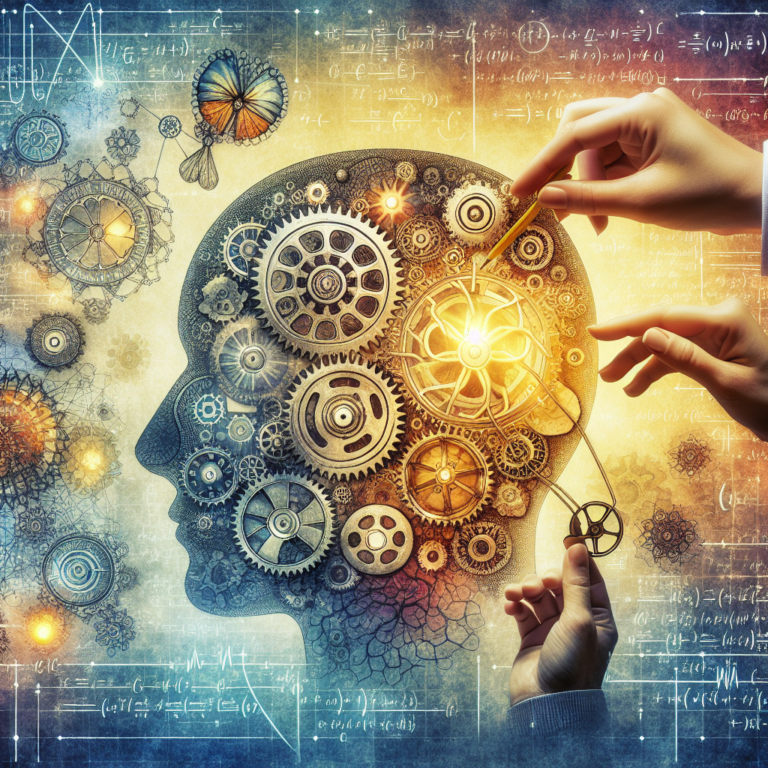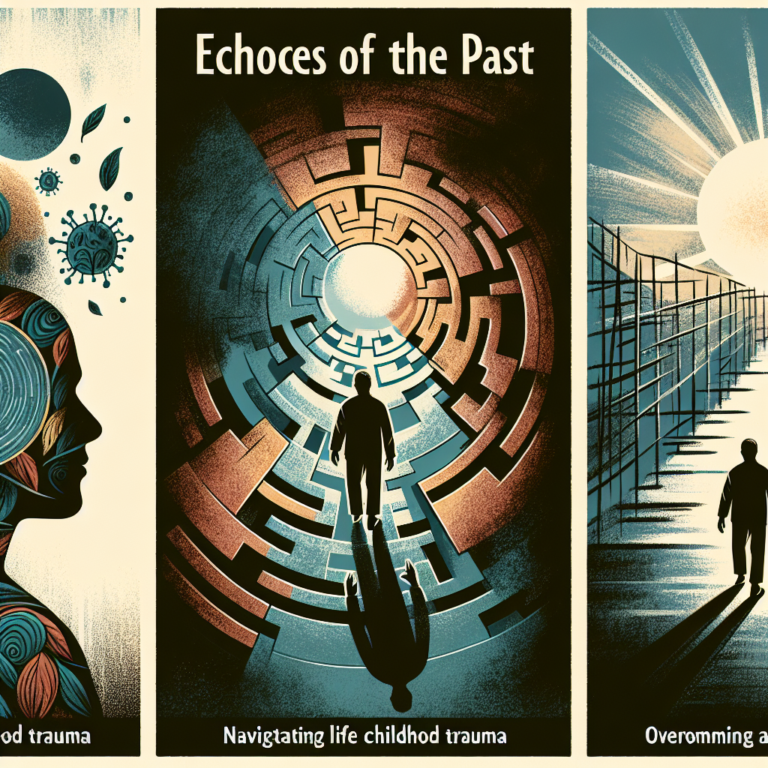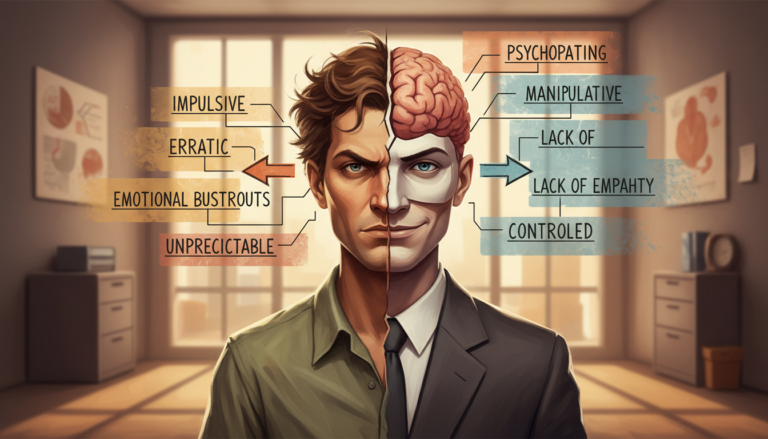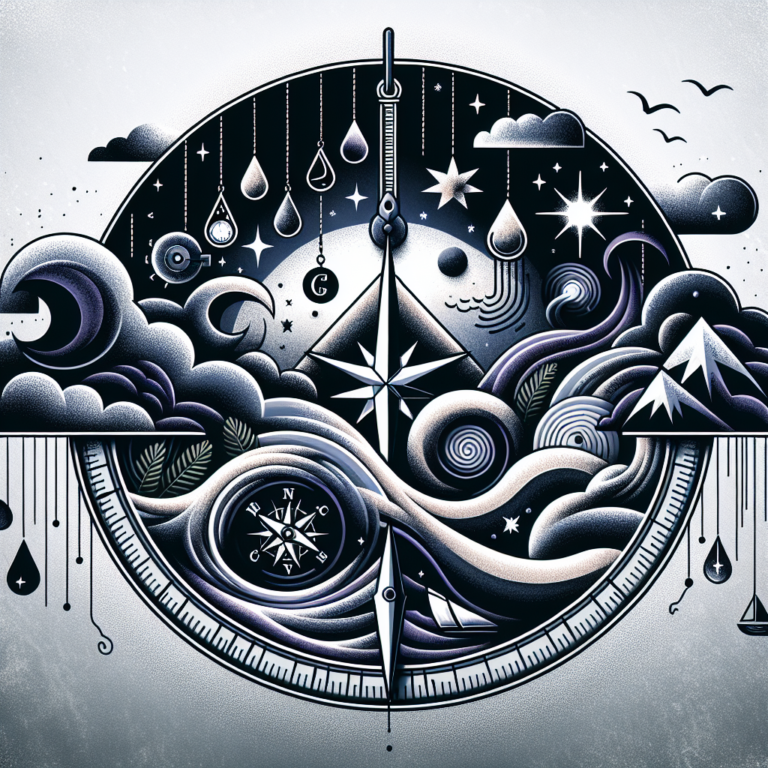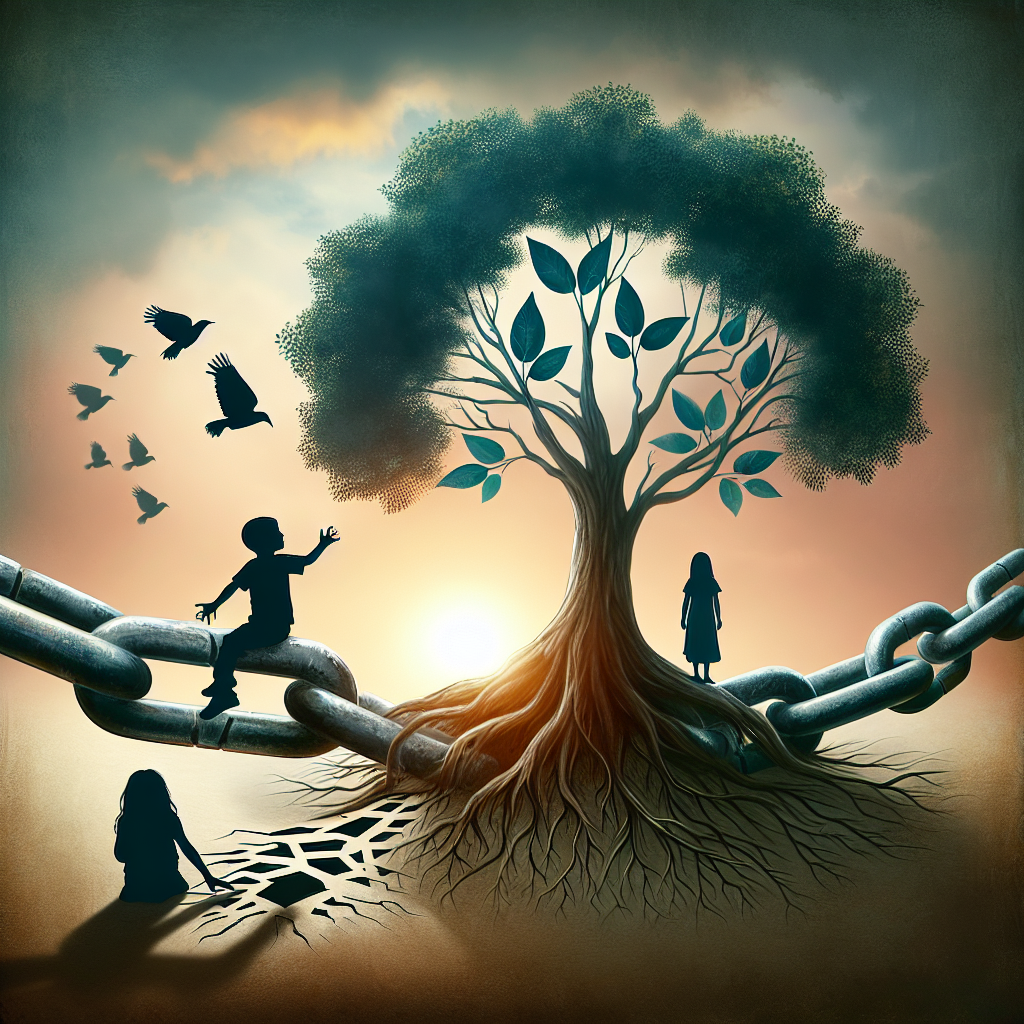
Breaking the Cycle: Understanding the Link Between Childhood Trauma and Adult Mental Health
Introduction
Imagine navigating through adulthood with the invisible burden of your childhood experiences weighing you down. The scars of trauma can manifest in myriad ways, often affecting mental health, relationships, and overall well-being. Breaking the Cycle: Understanding the Link Between Childhood Trauma and Adult Mental Health is not just a trending topic; it’s an essential conversation that can reshape lives. By delving into the profound impact childhood experiences have on adult outcomes, we can uncover pathways for healing and transformation. This article aims to shed light on this critical issue, offering insights and guidance for those who seek to understand and address the ramifications of childhood trauma.
The Profound Impact of Childhood Trauma
Childhood trauma is defined as any distressing event that disrupts a child’s sense of safety and security. These events can range from emotional neglect and physical abuse to witnessing domestic violence or experiencing the loss of a parent. According to the Adverse Childhood Experience (ACE) Study, individuals with higher ACE scores are significantly more likely to face mental health challenges in adulthood.
Case Study: The Long-Term Effects of Childhood Abuse
Consider the case of Sarah, who faced emotional and physical abuse during her formative years. Sarah’s experiences led to chronic anxiety and depression as an adult, ultimately resulting in obstacles to maintaining personal relationships and professional success. By understanding Sarah’s journey, we recognize how critical early intervention and supportive environments are in breaking the cycle of trauma.
| Childhood Trauma Type | Potential Adult Outcome |
|---|---|
| Physical Abuse | Post-Traumatic Stress Disorder (PTSD) |
| Emotional Neglect | Low self-esteem, anxiety |
| Parental Substance Abuse | Depressive disorders |
| Sexual Abuse | Difficulties in intimate relationships |
The Importance of Understanding the Link
Breaking the Cycle: Understanding the Link Between Childhood Trauma and Adult Mental Health is crucial as it fosters greater awareness and empathy, not only for those suffering from trauma but also for their loved ones. Mental health professionals emphasize that recognizing these patterns can aid in developing targeted interventions to help individuals heal.
Mechanisms of Trauma Transmission
The effects of childhood trauma are not only psychological but also physiological. The brain’s neuroplasticity means that negative experiences can alter brain chemistry and structure. Traumatic events during childhood trigger the body’s stress response system, leading to an increased risk of various mental health disorders.
Biological Changes and Their Effects
Alterations in Brain Structure: Regions such as the amygdala, responsible for fear responses, and the prefrontal cortex, which regulates emotions, may develop differently in those exposed to childhood trauma. This can lead to heightened anxiety and emotional dysregulation in adulthood.
- Stress Hormone Dysregulation: Chronic exposure to stress hormones like cortisol can predispose individuals to anxiety, depression, and other mental health issues later in life.
Breaking the Cycle: Pathways to Healing
Understanding the link between childhood trauma and adult mental health opens avenues for breaking this damaging cycle. Here are several actionable strategies that can facilitate healing:
Therapeutic Interventions
Cognitive Behavioral Therapy (CBT): This well-established therapy helps individuals reframe negative thoughts and develop healthier coping mechanisms.
- Eye Movement Desensitization and Reprocessing (EMDR): Particularly effective for PTSD, EMDR helps individuals process and integrate traumatic memories.
Support Systems and Community
Building Resilient Relationships: Forming supportive networks can be crucial for recovery. Strong social ties offer emotional support and validation, fostering resilience.
- Community Programs: Engaging in programs focusing on mental health education and trauma-informed care can significantly impact healing.
The Role of Education and Awareness
Breaking the Cycle: Understanding the Link Between Childhood Trauma and Adult Mental Health also entails community education. Schools, workplaces, and social systems must prioritize awareness of trauma and its long-term effects.
Implementing Trauma-Informed Practices
Education of Caregivers and Educators: Providing training on recognizing signs of trauma can empower adults to create more supportive environments.
- Policy Initiatives: Advocating for policies that address childhood trauma can lead to systemic changes, ensuring support for affected individuals.
Case Study Analysis: Healing in Action
Let’s examine the experience of David, who was identified as a child living in an abusive household. After years of struggle with addiction and depression, David sought therapy. Over time, his therapeutic journey highlighted the importance of understanding his past. As he engaged in group therapy, David found solace in sharing experiences, emphasizing how pivotal community support was — a real-world testimony to the notion of breaking the cycle.
Conclusion: Steps Towards a Healthier Future
Breaking the Cycle: Understanding the Link Between Childhood Trauma and Adult Mental Health is not just an academic endeavor; it’s a personal mission for many. By recognizing the enduring impact of childhood experiences, society can collectively foster environments that promote healing and resilience.
Each individual’s story may differ, but the desire for healing is universal. As we move forward, remember that change is possible — let us be advocates for understanding, compassion, and ultimately, transformation.
FAQs
1. What is Childhood Trauma?
Childhood trauma refers to distressing experiences during childhood that disrupt a child’s sense of safety. This can include abuse, neglect, and exposure to violence.
2. How does childhood trauma affect adult mental health?
Individuals with histories of childhood trauma are at increased risk for anxiety, depression, PTSD, and other mental health disorders due to biological and psychological changes.
3. Can childhood trauma be healed?
Yes, therapeutic interventions, supportive relationships, and community education can facilitate healing and help individuals cope with and overcome the effects of trauma.
4. What can communities do to address childhood trauma?
Communities can implement trauma-informed care practices, develop supportive programs, and engage in education efforts to create awareness around childhood trauma.
5. Is there a connection between childhood trauma and substance abuse?
Yes, many individuals who experienced childhood trauma may turn to substances as a coping mechanism, leading to higher rates of addiction in this population.
By engaging thoughtfully with Breaking the Cycle: Understanding the Link Between Childhood Trauma and Adult Mental Health, we can not only comprehend but actively work towards mitigating the long-term effects of trauma, fostering a generation that can navigate life’s challenges with resilience and hope.

